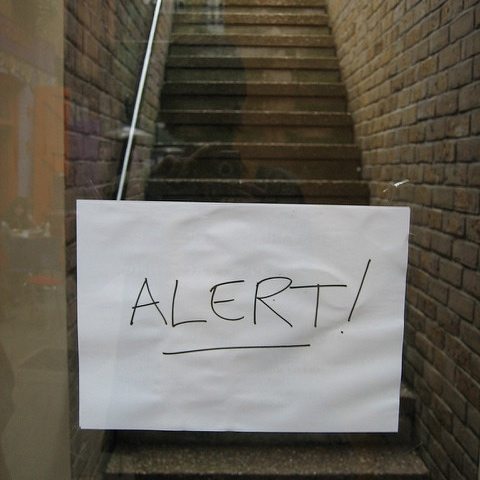
June 8, 2017; ABC News
In a move that was surprising to many, GuideStar has flagged dozens of nonprofits as hate groups on its famously neutral website. Its identification of hate groups is derived from the Southern Poverty Law Center (SPLC) and, unsurprisingly, some of the 46 groups so flagged are protesting that the move is defamatory. However, GuideStar’s president and CEO, Jacob Harold, said the new feature reflects a “broader shift in how we imagine our role in the (nonprofit) field.”
Harold added that the warning labels were a response to the recent rise in “hateful rhetoric” in the U.S. “It’s unique in that it’s highly politicized in a highly politicized moment in history,” he said.
Sign up for our free newsletters
Subscribe to NPQ's newsletters to have our top stories delivered directly to your inbox.
By signing up, you agree to our privacy policy and terms of use, and to receive messages from NPQ and our partners.
There is no question that this is a bold move, and it has raised the ire of the flagged groups, which have begun their first wave of responses. Readers may recognize many of the flagged groups from our own coverage of such organizations as the reprehensible National Policy Institute. But beyond the responses of the individual groups so identified, the conservative press is having a field day. One headline reads, “Charity Slams Christians with the Help of Far Leftists.”
GuideStar is accustomed to being cited in the news, but it is seldom if ever the target of controversy, so it will be interesting to see how it responds. But the larger question is whether the flag belongs on the GuideStar website at all. Harold has made it clear that GuideStar considers SPLC sufficiently credible to warrant the reliance on its judgment, but, as Marcus Owens, a Washington-based attorney and former IRS official, comments, the description may be unlikely to discourage many donors. “My guess is if you’re a donor to the American Family Association, whatever the SPLC says about the organization is not going to make a difference. You’re either in or out.”
We would love to hear from our readers on this issue.—Ruth McCambridge













